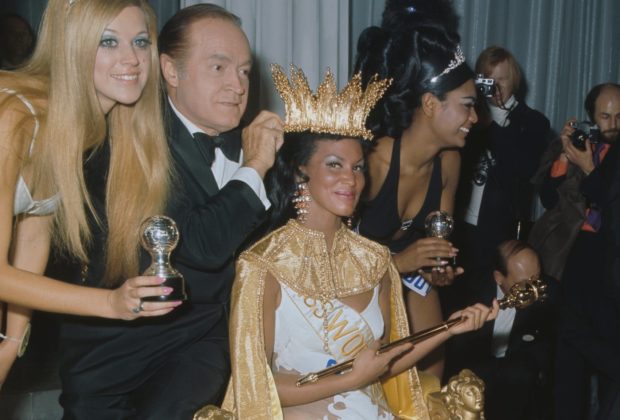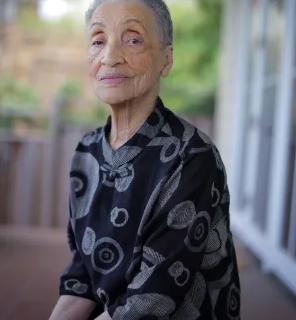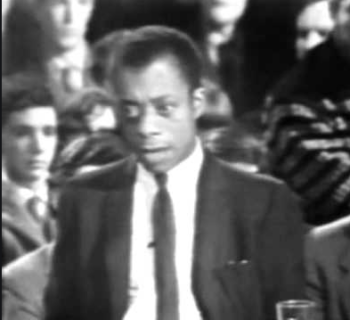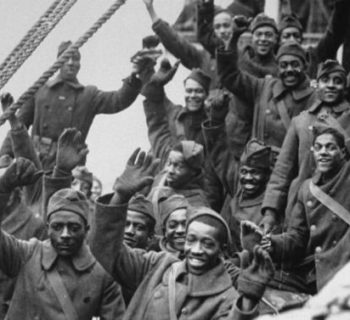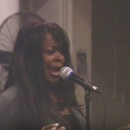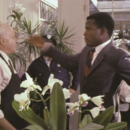From the February 9, 2020 The Guardian —
It was the era of apartheid in South Africa, the civil rights movement in America and women’s liberation in Britain. And they all came together at one of the most-watched live television events of the time, when feminist protesters stormed the stage at Miss World 1970, and a black woman walked away from the beauty contest with the crown for the first time.
Fifty years on, that night is being retold in a film, Misbehaviour, inspired by the memoir of Jennifer Hosten, who won the contest and made history. In the decades that have followed, the one-time beauty queen has come to the conclusion that she and the women disrupting the competition had more in common than they might have thought.
“I didn’t realise it fully at the time but we were all using that contest as a way to get a message across,” she told the Observer last week. “For me it was about race and inclusion – for them, it was about female exploitation.”
Hosten, who came from the tiny Caribbean island of Grenada to scoop the crown at the age of 23, was peeking through the stage curtain at the Royal Albert Hall, a few feet from compere Bob Hope as he delivered his now infamous opening remarks.
“I don’t want you to think I’m a dirty old man because I never give women a second thought,” he said. “My first thought covers everything.”
“He was struggling,” remembered Hosten, now 72. She recalled hearing a firecracker go off and seeing people running scared. But the huge bang was from a group of well-dressed women who had started pelting the US comedian with flour bombs, then rose up in outrage. “We’re not beautiful, we’re not ugly. We’re ANGRY!” they screamed.
The supposed firecracker was actually a football rattle, sounded by a women’s liberation activist and designed as a cue for the other feminists strategically planted among the audience to leap into action. The plan had been to kick things off when the contestants were on stage being paraded around in their swimwear, but Hosten says the women were so outraged by Hope’s jokes that the rattle went off early. “It was a big deal then, it’s still a big deal now!” she added.
Watched on TV by over 22 million people in Britain, and 100 million worldwide, the incident was seen as a galvanising moment for the women’s liberation movement and is to be retold in the film starring Keira Knightley, Gugu Mbatha-Raw and Jessie Buckley later this year. Hosten’s memoir, Miss World 1970, will be published next month.
But for Hosten it was also a big win for racial equality. Not only was she crowned Miss World but her friend, Pearl Jansen from South Africa, was the runner-up. Organisers had been shamed into sending her, a black contestant, at the last minute but Jansen had to be known as Miss Africa South because there was already a white Miss South Africa.
Hosten recalls Jansen telling her there was a reason for black women being represented at the contest that was “much more important than just representing our country”.
Her success, however, outraged sections of the tabloid media. The Sun newspaper presented Hosten’s victory as a conspiracy by black members of the judging panel. “How else could a black girl with 25:1 odds have walked away with the title? That’s what they were saying,” she said.
And it wasn’t only the press. Eric Morley – the then head of the Miss World beauty business – had handpicked 15 of the 58 contestants for a dress rehearsal the night before the event, parading them before the cameras. “They were his favourites,” Hosten said. “But only one of them – Miss Guyana – was a woman of colour. The rest of us were told to go and sit down with the audience.”
Hosten was shocked. Growing up in Grenada she had not thought much about skin colour. That changed when she arrived in Britain for the show.
“It was such an eye-opener, seeing the way the media only saw beauty by European standards. It was supposed to be Miss World – people of different races and different cultures. Most of us were written off before we even started.”
It made her participation much more meaningful, she said. “It made me want to win.”
When she did just that she was celebrated right across the Caribbean. In 1970 Grenada still didn’t have independence from Britain, so it was an opportunity to put her small country on the map. “I showed off my country and showed that women can do anything,” she said.
In the 50 years since then, the world has moved on. Last year, for the first time in history, Miss World, Miss Universe, Miss USA, Miss Teen USA and Miss America were all won by women of colour. “The question is, though, why are we talking about that?” said Hosten. “The fact that we’re talking about it as a big deal means to say that it is still a big deal.”


